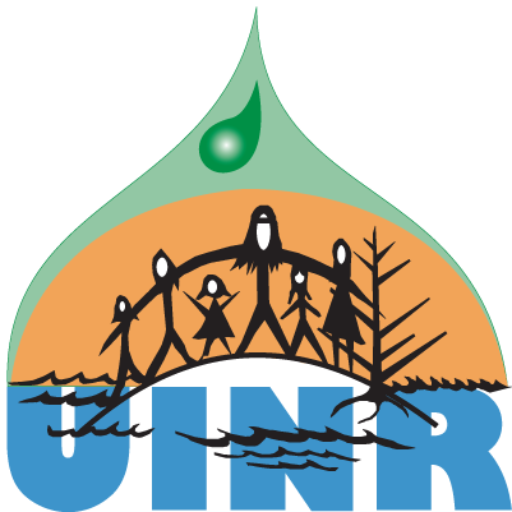On June 10th the federal government promised $65 million in relief to the troubled Atlantic lobster industry, with $15 million for short-term transitional contributions for harvesters who experienced a 25% drop in income this year.
Hubert Nicholas, the Commercial Fisheries Liason Co-ordinator with the Unama’ki Institute of Natural Resources (UINR) in Eskasoni has this to say about the federal bailout, “”We are not sure how this will help Unama’ki communities that fish in areas not in DFO specified low catch areas, even though all of our fishermen have experienced a 25% loss compared to last year. We are still waiting for details of how this will help our communities but are assured that First Nations will be treated equitably.
“I have concerns of how this $65 million will help Mi’kmaq communities. With over 200 lobster licenses in Mi’kmaq and Maliseet communities throughout the Atlantic region, in addition to non-native licenses, this money will not go far.
“$15 million in aid to compensate a portion of lost income in a time where market value is 50% less than last year will do little to help alleviate the situation that most fishermen find themselves in. The federal government is providing a long-term strategy but what is needed is an immediate response. While any aid is welcomed, the government neglected to mention how it was going to address the needs of First Nation communities that have communal licenses in the initial release, but more details will be provided next month at a meeting with First Nation representatives.”
The decline in market value of lobsters and increasing operating costs had a dramatic impact on Mi’kmaq community programs that depend on profits from the lobster industry. Over the past ten years Mi’kmaq communities have come to rely on the commercial fishery for communal benefits to its members. With decline in market value many programs and services are feeling the strain. Profits have been cut in half and some licenses are operating at a loss.
Each license in operation creates jobs that many fishermen depend on to sustain their families. Some Mi’kmaq communities have to make a difficult choice whether to create employment and operate at a loss or to cut jobs and put a further strain on their community programs and services.
Hubert explains, “Qualifications for aid will be different for Mi’kmaq communities because of the communal nature of our fishery. If non-natives qualify in a specific area so will First Nations. Non-natives that qualify will be in areas that have traditionally low catches, derive 75% of their income from lobster, and have a catch value 25% less this year than last year. Any aid will not be available until October when DFO can compare this year’s catches to last. In essence if non-natives qualify in a specific area, First Nations will as well.
“DFO will provide grants up to five percent to help rationalize fleets. The aim is to help improve catches with less people fishing. It is not clear how this will affect Mi’kmaq fishers.
Our communities have a right to the fishery and making us pay to rationalize the fleet so that catches improve may be a cause for concern. Mi’kmaq communities depend upon this revenue and may not be willing to reduce their number of licenses. This could cause problems between non-natives and native fishermen. Non-natives may want to rationalize their fleets but Mi’kmaq may not be willing to pay for their right to commercially fish. Will have to see how this develops when details are released over the next few months.”
Hubert explains “Our commercial fishing rights were finally recognized by the federal government with the Marshall decision over ten years ago. With our constitutional right to a moderate livelihood in jeopardy, the federal government needs to consider how Mi’kmaq rights will be maintained with this bailout. Our communities require long-term funding to help alleviate economic and social problems as a result of high unemployment rates, and immediate aid with the current commercial fishing crisis facing them.
“More needs to be done to help First Nation communities in the Maritimes. What has been done in the past has not been enough and court action has been the only way that we have seen any concrete government response.”
The aid application process takes place over the next few weeks following a meeting between the federal and provincial Fisheries Ministers. First Nation representatives will be invited to consult with DFO at a meeting in mid July.
